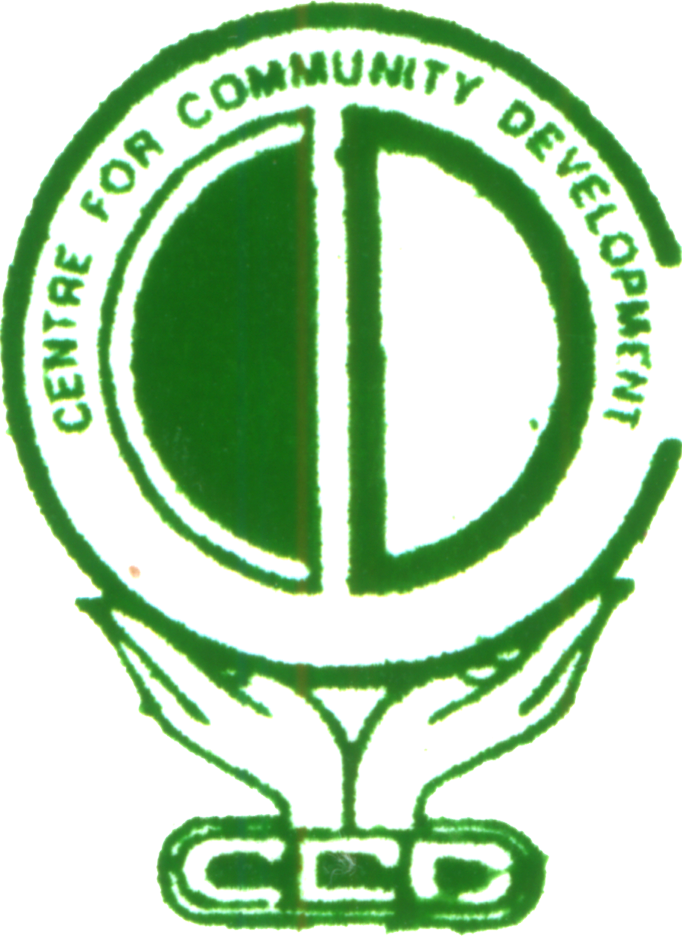Thematic Areas
Sustainable Livelihood
Women Empowerment
PwD Mainstreaming
Skill Development
Menstrual Hygiene
Child Protection
Village Development
Good Governance
People's Institutions
SAMARTH - PWD Org
Gajapati Women Coop
Mahendragiri Women Coop
Farmer Producer Co.
JSS - Gajapati
Accreditation
NITI AYOG
VANI INDIA
CREDIBILITY ALLIANCE
PLANNING COMMISSION
AHI - JAPAN
Organizational Policies
HR Policy
Finance Policy
Gender Policy
Child Protection Policy
Safeguarding Policy
Data Protection Policy
